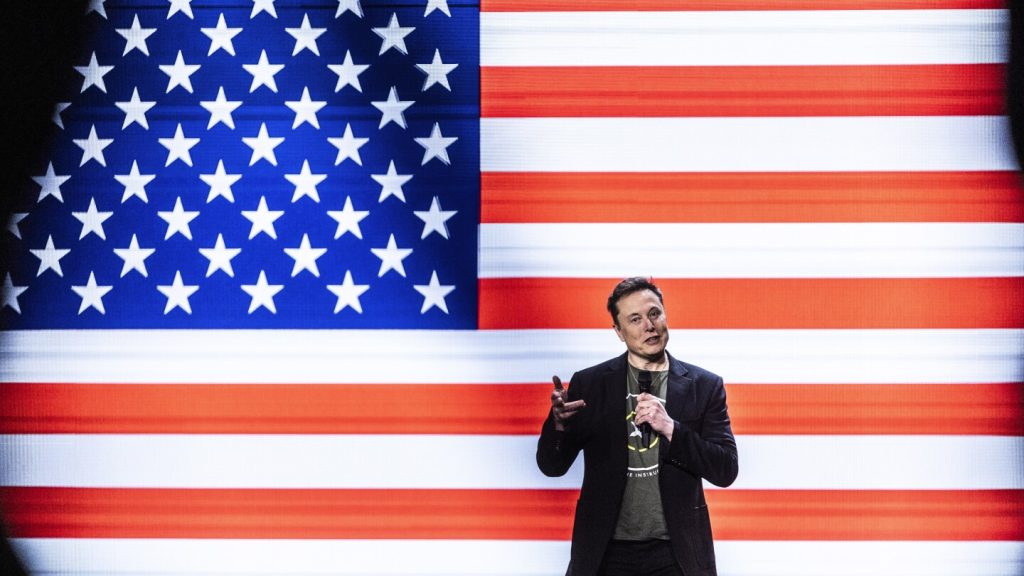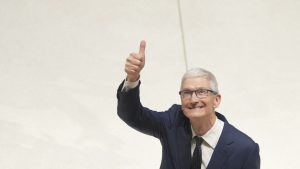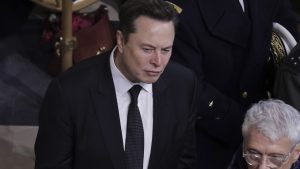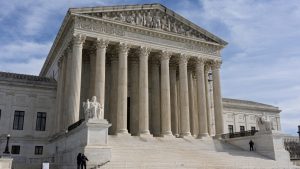Musk offers voters $1 million a day to sign PAC petition backing the Constitution. Is that legal?

Elon Musk, the billionaire founder of Tesla and Space X and owner of X who’s gone all-in on Republican Donald Trump’s candidacy for the White House, has already committed at least $70 million to help the former president. Now he’s pledging to give away $1 million a day to voters for signing his political action committee’s petition backing the Constitution.
The giveaway is raising questions and alarms among some election experts who say it is a violation of the law to link a cash handout to signing a petition that also requires a person to be registered to vote.
▶ Follow live updates on Election 2024 as Donald Trump and Kamala Harris campaign in strategic battleground states.
Democratic Gov. Josh Shapiro of Pennsylvania, the state’s former attorney general, expressed concern about the plan on Sunday.
“I think there are real questions with how he is spending money in this race, how the dark money is flowing, not just into Pennsylvania, but apparently now into the pockets of Pennsylvanians. That is deeply concerning,” he said on NBC’s “Meet the Press.”
A closer look at what’s going on:
What is Musk doing?
Musk promised on Saturday that he would give away $1 million a day, until the Nov. 5 election, for people signing his PAC’s petition supporting the First Amendment, which protects freedom of speech, and the Second Amendment, with its right “to keep and bear arms.” He awarded a check during an event Saturday in Harrisburg, Pennsylvania, to a man identified as John Dreher. A message left with a number listed for Dreher was not returned Sunday. Musk gave out another check Sunday.
What’s the broader context here?
Musk’s America PAC has launched a tour of Pennsylvania, a critical election battleground. He’s aiming to register voters in support of Trump, whom Musk has endorsed. The PAC is also pushing to persuade voters in other key states. It’s not the first offer of cash the organization has made. Musk has posted on X, the platform he purchased as Twitter before renaming it, that he would offer people $47 — and then $100 — for referring others to register and signing the petition.
Trump, who was campaigning Sunday in Pennsylvania, was asked about Musk’s giveaway, and said, “I haven’t followed that.” Trump said he “speaks to Elon a lot. He’s a friend of mine” and called him great for the country.
What’s the issue with that?
Some election law experts are raising red flags about the giveaway. Brendan Fischer, a campaign finance lawyer, said the latest iteration of Musk’s giveaway approaches a legal boundary. That’s because the PAC is requiring registration as a prerequisite to become eligible for the $1 million check. “There would be few doubts about the legality if every Pennsylvania-based petition signer were eligible, but conditioning the payments on registration arguably violates the law,” Fischer said in an email.
Rick Hasen, a UCLA Law School political science professor, went further. He pointed to a law that prohibits paying people for registering to vote or for voting. “If all he was doing was paying people to sign the petition, that might be a waste of money. But there’s nothing illegal about it,” Hasen said in a telephone interview. “The problem is that the only people eligible to participate in this giveaway are the people who are registered to vote. And that makes it illegal.”
Michael Kang, an election law professor at Northwestern University’s Pritzker School of Law, said the context of the giveaway so close to Election Day makes it harder to make the case that the effort is anything but a incentivizing people to register to vote.
“It’s not quite the same as paying someone to vote, but you’re getting close enough that we worry about its legality,” Kang said.
A message seeking comment was left with the PAC on Sunday, as was a request for comment from the Justice Department.
Can the PAC and Trump’s campaign coordinate?
Typically coordination between campaigns and so-called super PACs had been forbidden. But a recent opinion by the Federal Election Commissioner, which regulates federal campaigns, permitted candidates and these groups to work together in certain cases, including getting out the vote efforts.
Source: https://apnews.com





